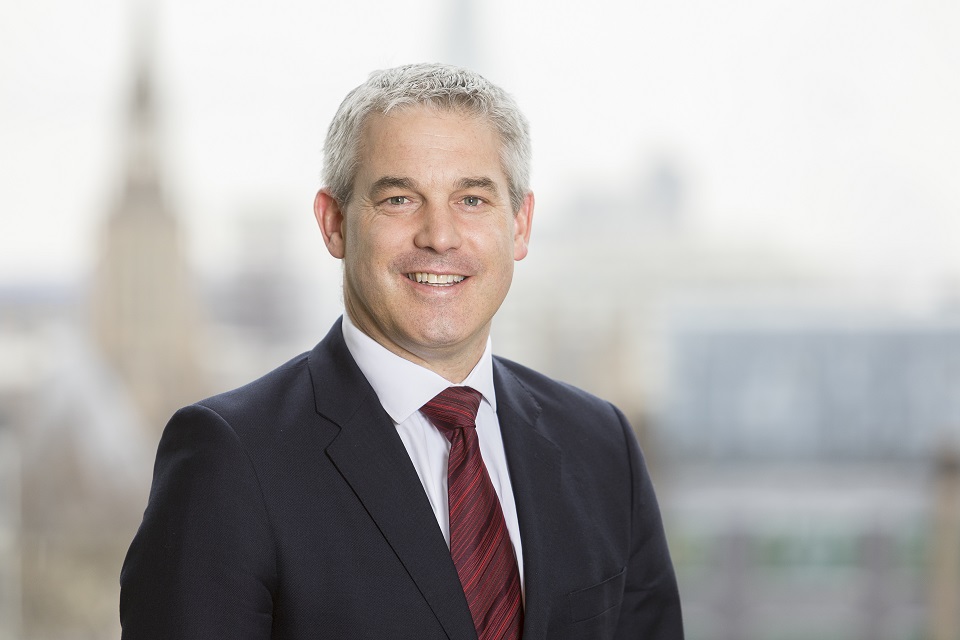More than half (52%) of advertised consultant physician posts in England and Wales went unfilled last year, according to a UK-wide census of doctors conducted by the RCP, the Royal College of Physicians of Edinburgh and the Royal College of Physicians and Surgeons of Glasgow.
Up from 43% before the pandemic and 48% in 2020, this is the highest rate since records began in 2008 and, of the 52%, nearly three quarters (74%) were unfilled due to a lack of any applicants at all.
The figures come at a time of significant shortages in many other parts of the health and care workforce, including nursing, social care and general practice.
A long-term 15-year workforce strategy was commissioned by the Department of Health and Social Care in at the start of 2022, with the expectation that it would be published by NHS England by the end of this year.
Ahead of the final rounds of voting in the Conservative Leadership race this week, the three Royal colleges of physicians are urging candidates to make workforce a priority and commit to deliver the 15-year NHS workforce strategy with a range of measures to grow, train and retain a healthcare workforce to ensure the long-term sustainability of the NHS.
Sir Andrew Goddard, president of the Royal College of Physicians, said: “The huge proportion of unfilled consultant physician jobs should be a wakeup call to the next prime minister.
“Without a concerted effort to expand the number of medical school places, there is a real risk that the NHS will be unable to deliver high-quality care to all those who need it, both now and in the years ahead.
“The next prime minister must deliver a NHS workforce strategy that makes growing and retaining staff a priority.”
Mr Mike McKirdy, President of the Royal College of Physicians and Surgeons of Glasgow said: “The results of the census do not come as a surprise to anyone working in our NHS. We are acutely aware of unfilled posts and vacancies in our health service. Doctors and other healthcare staff are forced to compensate for staff shortages by taking on excessive workloads. For too many, this is leading to burnout and has an impact on patient care.
“We simply don’t have enough doctors to meet the current and future demands on our health service. Current workforce planning is inadequate and does not ensure a sustainable medical workforce in the UK. We welcome the progress being made in this area at UK Government level with the announcement of a workforce strategy later in the year. We require a similar approach to workforce planning in the devolved
Professor Andrew Elder, President of the Royal College of Physicians of Edinburgh, said: “The census highlights the need to have an effective recruitment and retention strategy in place for doctors across each of the four nations of the UK. While increasing the number of medical school places and placements is welcome and vital, governments across the UK should also look to increase international recruitment as a means to boost the number of doctors working in our NHS. This should be a temporary solution however, while the NHS workforce strategy is implemented and we must also remember that medical students and postgraduate doctors in training need structured education, supported training and mentorship – that in turn requires a strong foundation of more experienced doctors capable of taking these roles on.”
Census data suggest 44% of current consultant physicians will reach retirement age in the next 10 years (taking an average retirement age of 62–63 years of age) so the workforce will be further depleted just when demand for care will be increasing. As the population ages, this will likely bring a rise in multiple long-term health conditions.
Many consultant physicians are already dealing with excessive workloads. Depending on their contract, consultants will work an average of between 10% and 20% more than they are contracted to. The census reveals 45% of consultants saying they work excessive hours or have an excessive workload ‘almost always’ or ‘most of the time’.
The number of female consultants is also steadily increasing, with the new census data indicating that women now make up 39% of the overall consultant physician workforce. While a large majority of both men and women work full time until their mid-30s, the trends then diverge, with 42% of women aged 35–44 working less than full time compared with 6% of men.
More physicians are training and working less than full time, meaning we’ll need a higher headcount in the future. In a previous July 2021 survey of members, 56% of trainees said that they were interested in working less than full time.
The Royal College of Physicians conducts an annual census of consultant physicians and higher specialty trainees (HST) across the UK). This is managed in collaboration with the Royal College of Physicians in Edinburgh and the Royal College of Physicians and Surgeons of Glasgow.
The 2021 consultant census ran between October – December 2021 and covered 18,646 people. The response rate was 23%. We confirmed the employment status and demographic data of the remainder by cross checking non-respondents with the GMC register.
Royal College of Physicians, 11 St Andrews Place, Regent’s Park, London NW1 4LE
Registered charity no. 210508
Christmas closure
The RCP buildings at Regents Park, London and the Spine, Liverpool, will be closed between Friday 23 December – Tuesday 3 January.



